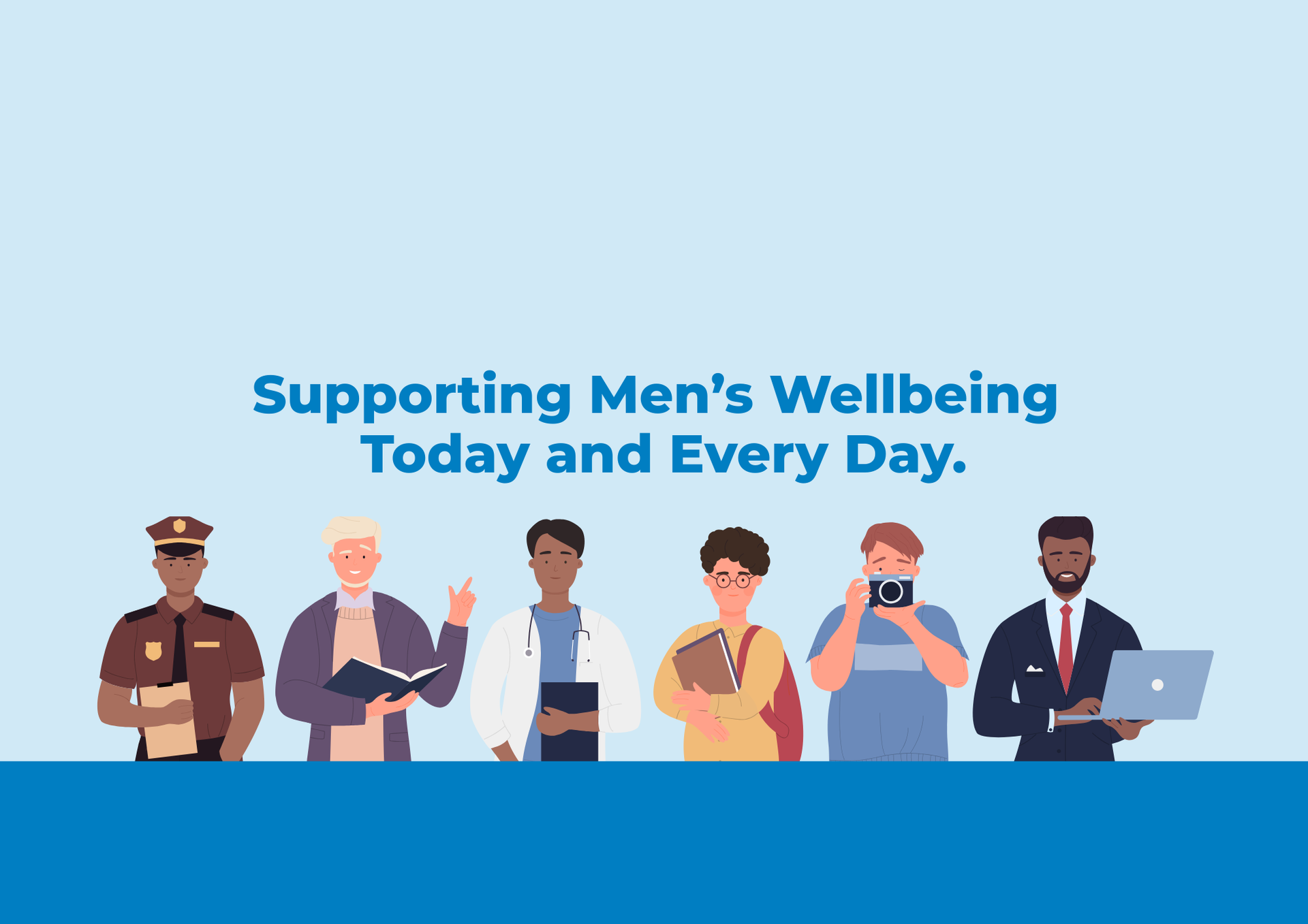Importance of Early Intervention and Seeking the Right Support
April 23, 2025
On this year's World Infant, Child and Adolescent Mental Health Day, we explore the importance of early intervention and seeking the right support for the youngest people in our society. With more of our community needing support with their mental health, it is important to establish from childhood that seeking support is nothing to be ashamed of, and that early intervention is an effective way of being able to promote good mental health and wellbeing. Having these important discussions with the youngest members of our community makes them feel safe, supported, and able to identify when they may need to seek additional support.
The statistics concerning our youngest community members
It is important to understand that mental health conditions can start from a very young age, and without the right support, can continue to affect someone right through childhood and adolescence into adulthood. According to The National Children’s Mental Health and Wellbeing Strategy, half of all challenges to mental health emerge before the age of 14 and more than 50 per cent of children are experiencing challenges to their mental health but are not receiving professional support. Furthermore, 50 per cent of all adult mental health issues emerge before the age of 14, with evidence indicating that the first 2000 days of life are a critical period of time. Interventions during this time can result in significant improvement to children's early life experiences, health and development, including their mental health and wellbeing. Additionally, seven out of 10 of the most common presentations to pediatricians are for mental health, highlighting the fact that mental health is just as important as any other aspects of health from infancy onwards. Furthermore, one of the biggest challenges that schools are facing is the mental health of their children, due to confusion regarding their role in mental health support for their students. Creating a healthy, comfortable and open environment from infancy can allow children and adolescents to be able to talk and seek support for their mental health and highlights how important early intervention is for ensuring young people get the support for their mental health that they deserve.
What is early intervention?
Early intervention is the process of providing specialist intervention and support to a person who is experiencing or demonstrating any of the early symptoms of mental health challenges. Intervention is vital to preventing or reducing the progress of mental health challenges, and also allows for better health and wellbeing, community participation and socioeconomic outcomes far into the future.
Importance of Early Intervention in supporting infants, children and adolescents
Early intervention plays a vital role in ensuring infants, children and adolescents are able to understand and get the support they need for their mental health. Early intervention encompasses many core concepts designed to ensure parents of infants, children and adolescents can identify when they need support and how they can make sure their child is supported effectively. Professor Helen Milroy says “the earlier we intervene in life, in distress and in the onset of illness, the chances for better recovery are much, much greater. If we give children the best start, they will grow into happier, healthier adults.” As early intervention is particularly important in affecting outcomes for children and young people, it is important that parents know how they can best support their child at times of mental distress. Furthermore, mental health challenges can have profound, long-term consequences in children and adolescents, hence early intervention being so important in these stages of life.
What can early intervention lead to?
Early intervention can lead to a significant positive impact on a person’s prognosis. Early intervention can lead to improved diagnosis and treatment, more timely and targeted referrals to specialist services and improved confidence and engagement of primary care providers.
Where to start?
Early intervention can include the identification of infants or children with a higher risk of developing mental health challenges or severe behavioural or developmental disturbances. General practitioners are a good place to start for early intervention, as they can perform an initial assessment of the child and if necessary, arrange referrals to a psychiatrist or another specialist for assessment of the need for intervention or treatment. It is important to note a main component of early intervention includes family support, so taking the time to understand changes in your child’s behaviour, seeking support early and comforting them can help to improve their emotional health and wellbeing.
On this year’s World Infant, Child and Adolescent Mental Health Day, we encourage you to be a pillar of support for your children. At the Mental Health Foundation Australia, we understand that having a young family member struggling with their mental health can be daunting, and we have many support services available at out Wellness Hub that can help to make these times a little easier. We offer 50-minute counselling sessions for 20 dollars as we want everyone to be happy and healthy, including our youngest members of the community.
References:
https://www.mentalhealthcommission.gov.au/projects/childrens-strategy
https://www.health.vic.gov.au/prevention-and-promotion/early-intervention-in-mental-illness
Written by Holly Johns





